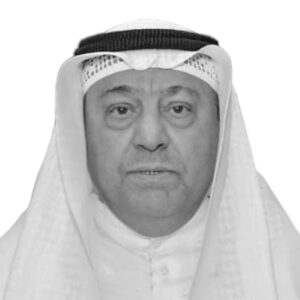
H.E. Tareq Al-Roumi
Minister of Oil
As oil became an increasingly important source of revenue for Kuwait, our forefathers realized its potential to promote the sustainable development and welfare of the Kuwaiti people for generations to come. Among those was HH Sheikh Abdullah Al-Salem Al-Sabah (1950-1965) who in February 1953, established the Kuwait Investment Board (KIB) headquartered in the City of London with a mandate to invest surplus oil revenue and reduce Kuwait’s reliance on a single finite resource.
Following the birth of Kuwait as an independent sovereign nation in 1961, a modern investment paradigm was introduced to ensure the sustainable growth of a young nation including the basic investment principles that would later become the Future Generations Fund. A few years later, in 1965, Kuwait adopted a policy of diversification of assets and portfolios which lead to the KIB being replaced by the Kuwait Investment Office (KIO).
In 1976, the Amir of Kuwait, HH Sheikh Jaber Al-Ahmad Al-Sabah issued a decree creating the Reserve Fund for Future Generations (FGF) as the intergenerational saving platform for the State of Kuwait by allocating a minimum of ten percent of the State’s annual revenues to this platform.
As Kuwait continued to grow as a nation, a new mechanism was developed to manage all of the state’s reserve funds. The Kuwait Investment Authority (KIA) was then established in 1982 as KIO’s parent organization. KIA’s main functions include managing the State’s Reserve, the FGF and any other funds entrusted to the KIA by the Minister of Finance.
Stemming from this rich history, KIA continues working to safeguard the financial wealth of Kuwait’s current and future generations by diversifying revenue streams and ensuring a fiscally sustainable and secure future.
KIA is managed by its Board of Directors that is composed of the Minister of Finance, as Chairman, the Minister of Oil, the Undersecretary of the Ministry of Finance and the Governor of the Central Bank, as well as five other Kuwaiti members specialized in various fields of investment who are appointed by an Amiri Decree for a four-year term and can be re-appointed. At least three of the members should not hold any public office.
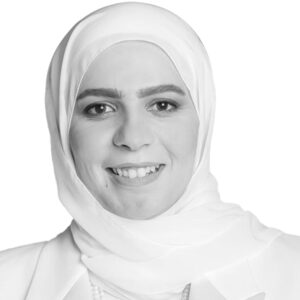
Minister of Finance and Minister of State for Economic Affairs and Investments

Minister of Oil
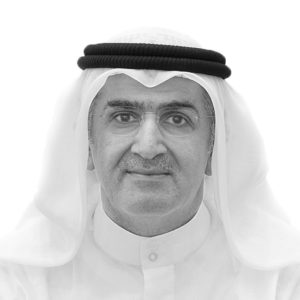
CBK Governor
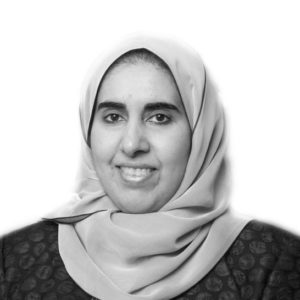
Undersecretary of Ministry of Finance
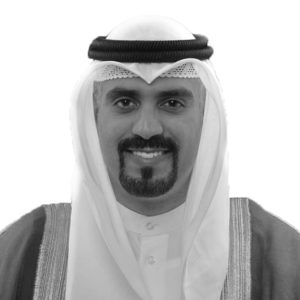
Board Member
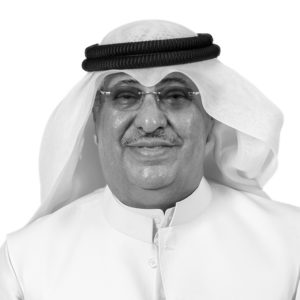
Board Member
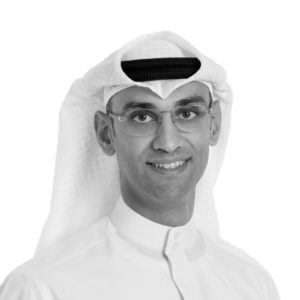
Board Member & Managing Director
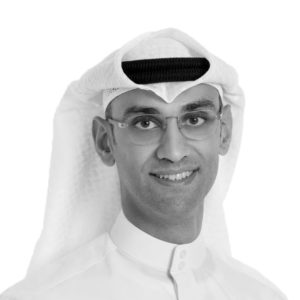
Managing Director
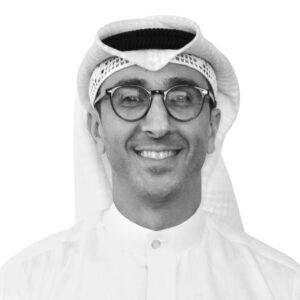
President and CEO
KIO – London
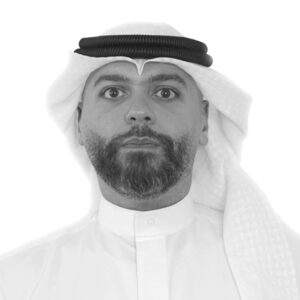
Acting Executive Director
Planning & Senior Management Support
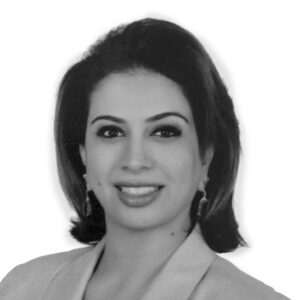
Acting Executive Director
Operations & Administration
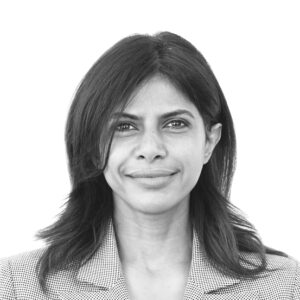
Acting Executive Director
Alternative Investments
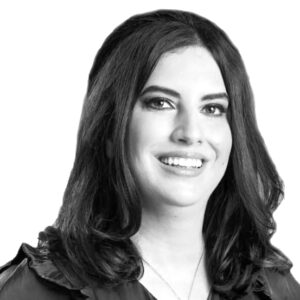
Acting Executive Director
General Reserves
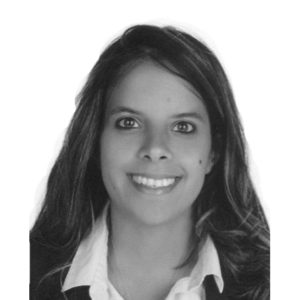
Acting Executive Director
Marketable Securities
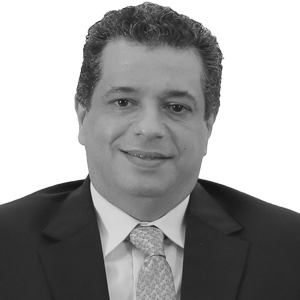
Chief Representative
KIO – Shanghai
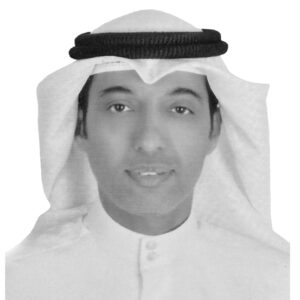
Acting President
Debt Settlement Office
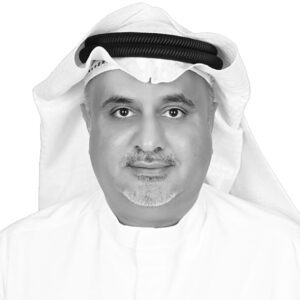
Acting Director
Board of Directors Office
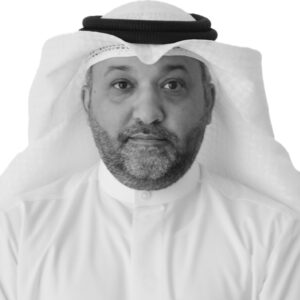
Acting Director
Legal Affairs
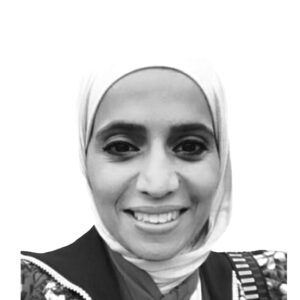
Acting Director
Internal Audit Office
KIA is an independent public authority established in Kuwait and managed by its Board of Directors. The Board has complete independence in its decision making process and is responsible for long-term asset allocation and overall performance; while the executive management formulates and executes investment strategies.
KIA’s assets and performance are presented to the Kuwait National Assembly in an annual special session on the State’s Financials.
KIA’s accounts are reviewed, audited, and approved by an external audit firm. In addition, KIA is required by law to submit semi-annual statements of its assets under management to the independent State Audit Bureau. KIA presents an annual statement of its accounts to the Council of Ministers (Kuwait’s Cabinet) and it presents an annual statement of its accounts to the National Assembly (Kuwait’s Parliament). KIA appears before various committees at the parliament on a periodic basis to discuss KIA’s performance. KIA’s Board of Directors has an Audit Committee, with members from the private sector representative of the Board.
KIA’s Board Audit Committee and Internal Audit Office assess the effectiveness of the internal control systems for safeguarding company assets and investment portfolios, and review the integrity of the financial reporting process.
As an independent public authority, the KIA complies with the rules and regulations of Kuwait’s Civil Services Commission and Ministry of Finance controllers.
KIA’s Risk and Performance Unit, which reports directly to the Managing Director, is responsible for conducting performance and risk analysis, identifying and communicating performance and risk issues to senior management as well as developing an understanding of performance and risk within KIA’s investment sectors, and investigating data irregularities.
Kuwait Investment Authority manages its funds on behalf of the people of Kuwait – current citizens and future generations. KIA’s investments are completely transparent to the State of Kuwait, as presented in a detailed annual report to the Council of Ministers on assets under management and performance as well as the National Assembly at least annually during a parliamentary session on the State’s Financial Situation.
Though KIA reports its annual performance directly to Government and to the National Assembly, it is the responsibility of all to protect the integrity of the portfolio.
Law No. 47 of 1982 regarding the establishment of KIA has select clauses related to dissemination of information. Clause 8 prohibits the disclosure to the public of any information related to KIA’s work. Clause 9 states the penalties for unauthorized disclosure of information to the public.
Established as the Kuwait Investment Board in February 1953 and later reorganized into the Kuwait Investment Office (KIO) in 1965. KIO’s foundation predates the independence of the modern State of Kuwait. HH Sheikh Abdullah Al Salem, the Amir of Kuwait, at the time had the vision to build a fund for the future of all Kuwaitis. At the time, KIO was the first and only sovereign wealth fund in the world.
In the years that followed a focus on asset allocation and diversification into new geographies, expanding beyond the United Kingdom to include the United States, Asia and select Emerging Markets.
In 1976, the Future Generations Fund (FGF) Amiri decree was passed which is the most important event in the history of the KIO after its establishment. With that law, a minimum of 10% of the State of Kuwait’s revenues are transferred to the FGF. This created a constant flow of funds to the FGF which helped grow it over the years.
The KIO played a pivotal role during the first Gulf War in 1990 and the liberation and reconstruction efforts that followed; acting as the Ministry of Finance for the government in exile. As state assets were frozen, KIO organized the transfer of funds globally and to the Kuwaiti Government, in exile, in Saudi Arabia.
KIO Today
Located in the City of London, KIO is a global investor in one of the world’s leading financial centers with access to markets, financial institutions, and industry leaders and experts.
KIO’s mission statement is focused on 3 elements:
In addition, KIO has a strong focus on not only investing the future generations fund of Kuwait but also developing the future generations of Kuwait. KIO’s team of professionals include highly skilled Kuwaitis who play an important role in managing the assets of the FGF.
KIO’s team of investment professional all based in London are split into various asset classes and invests directly in: equities, fixed income and alternatives including infrastructure and real estate across the globe.
KIA realized the importance of investing in China and the Far East. During a visit to China that was held in 2009 by His Highness Sheikh Sabah Al-Ahmad Al-Jaber Al-Sabah, the Amir of Kuwait, the KIA signed agreements that laid the groundwork for such investments. One of which saw the establishment of Kuwait Investment Authority’s first ever representative office in Beijing. This office was a gateway to expanding KIA’s investment throughout China.
Further to KIA opening a representative office in Beijing in 2011, during the second visit of His Highness Sheikh Sabah Al-Ahmad Al-Jaber Al-Sabah, the Amir of Kuwait, the KIA has upgraded its structure with a Wholly Foreign-Owned Enterprise (WOFE) license. Becoming the second overseas investment office after Kuwait Investment Office – London, dated back to 1953, the Kuwait Investment Office established an office in Shanghai in 2018.
As part of a joint effort to be actively involved in regional investment opportunities, KIA aims to further expand the depth and width of the investment horizon in China and Asia Pacific areas. Furthermore, the relocation of the office from Beijing to Shanghai reflects KIA’s belief to the increasingly importance of Shanghai as a global financial center.
In April 2009, Sovereign Wealth Funds (SWF) from around the world met in Kuwait City where KIA was able to lead a consensus for strengthening the community through dialogue, research and self-assessment culminating in signature of the Kuwait Declaration.
The Declaration led to the establishment of the International Forum of Sovereign Wealth Funds (IFSWF), which enshrined the practice of voluntary implementation and endorsement of the Santiago Principles. The Santiago Principles are 24 Generally Accepted Principles and Practices for sovereign wealth funds. The Principles are designed to promote good governance, accountability, transparency and prudent investment practices whilst encouraging a more open dialogue and deeper understanding of SWF activities.
Below are KIA’s Self-Assessment reports available for download:
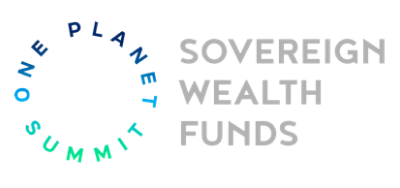
The One Planet Sovereign Wealth Fund Working Group was established at the inaugural One Planet Summit on December 12th, 2017 in Paris composed of six founding Sovereign Wealth Funds members including the Kuwait Investment Authority.
The initiative’s mission is to work on integrating climate change risks and investing in the smooth transition to a low emissions economy
In July 2018, the One Planet Sovereign Wealth Fund Working Group (OPSWF) Framework was published, consisting of a set of principles to guide efforts to further integrate climate change analysis into large, long-term and diversified asset pools.